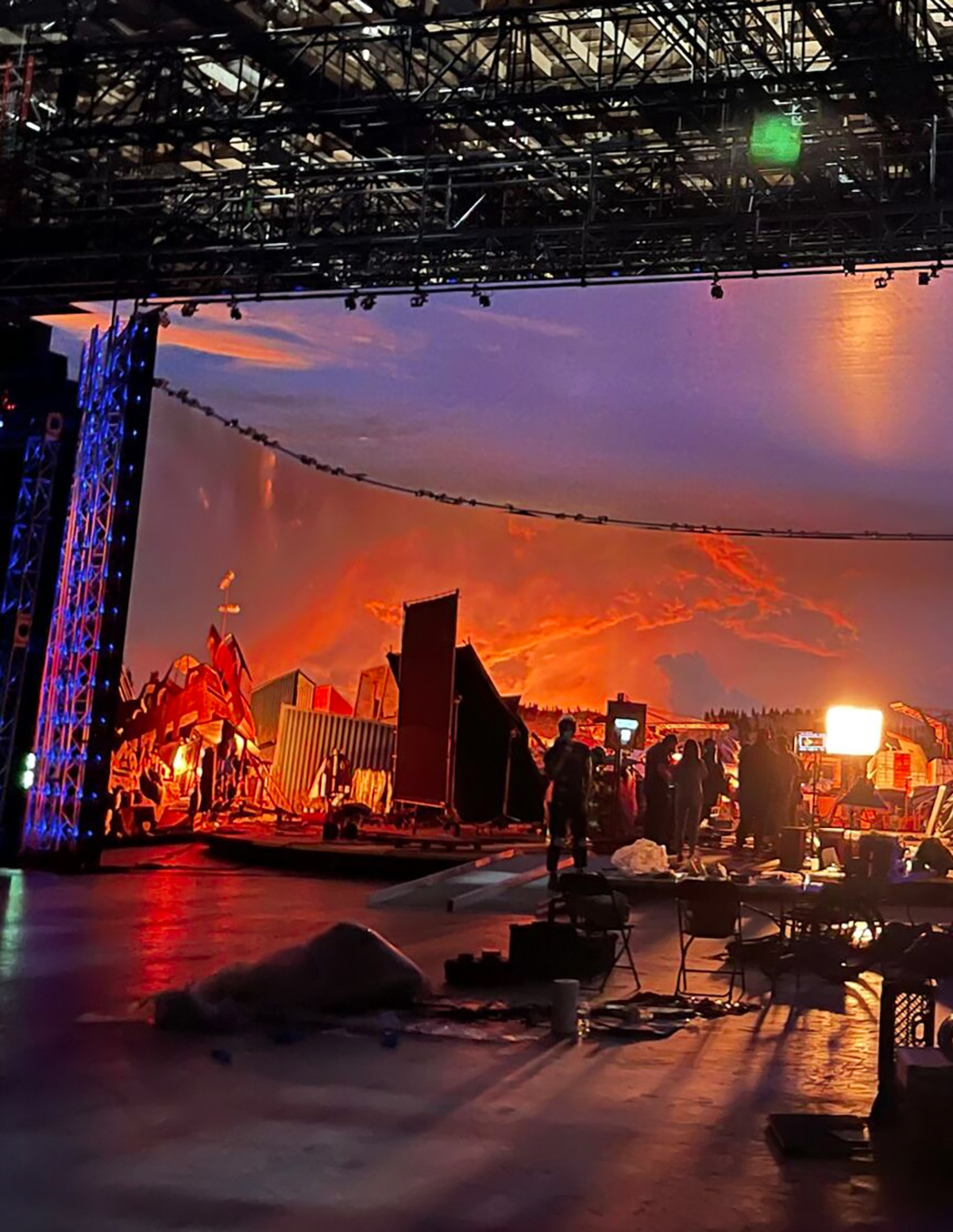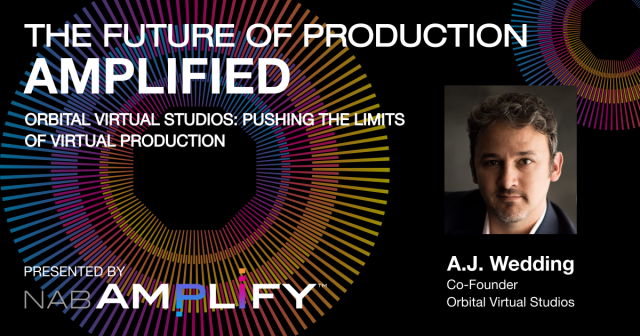
TL;DR
- The Entertainment Technology Center at USC (ETC@USC) has released the first part of a white paper exploring the state of the art in virtual production.
- Multi-studio production experiment “Fathead” aims to push the boundaries of in-camera VFX and on-set virtual production.
- The initiative is co-produced by AWS, Amazon Studios, and partners including Epic Games, Warner Bros., Universal Pictures, ARRI, Arch Platform, Blackmagic and Perforce.
- One significant achievement was uploading original camera negative (OCN) to the cloud in hours — a process that would normally take days.
READ MORE: ETC Releases First Section of Virtual Production White Paper (ETC@USC)
A multi-studio production experiment, dubbed Fathead, aims to push the boundaries of in-camera VFX and on-set virtual production. It’s co-produced by AWS, Amazon Studios, and partners including Epic Games, Warner Bros., Universal Pictures, ARRI, Arch Platform, Blackmagic and Perforce.
Another partner — also funded by Hollywood entities — is the Entertainment Technology Center at USC (ETC@USC), which has released the first part of a case study, “Fathead: Virtual Production & Beyond,” detailing production of the 20-minute short film.
“Everything on this production was done in the cloud, minus the shoot on set,” explains ETC@USC head of virtual & adaptive production Erik Weaver, executive producer of Fathead. “We did some very innovative work, ingesting ARRI Alexa RAW to Amazon S3 buckets on the AWS cloud in real time, which had never been done before and I don’t think has been done since.”
The short was shot on Amazon’s Stage 15 virtual production facility in Culver City and the team benefitted from AWS support engineers, who wrote custom scripts for the real-time cloud ingest.
“It was actually writing to Amazon faster than it was writing to our local backup drive on stage,” Weaver notes.
The paper, “Cloud Computing: Growth without Bounds,” “elaborates on the tools and processes pieces to show how we did it,” Weaver explains. Uploading the original camera negative (OCN) to the cloud would normally take days, but the process was condensed through a combination of the AWS workflow, the technical capabilities of Stage 15, and the digital expertise of the crew.
“The idea was to use a short film as a paradigm for production processes of the future,” Weaver said.
Some 350 people worked on the project, which has received an NAACP Image Award nomination. The cloud-based AWS workflow employed by the Fathead team allowed for usage-based pricing, avoiding the need for large upfront infrastructure investments.
“We used cloud computing as a model for on-demand access to a configurable pool of online resources during the lifecycle of a film,” said Weaver.
Written and directed by Craig Patterson, the film is set in a junkyard with elaborate backgrounds that would have been costly to physically build, not to mention dangerous for the young actors involved. That made the project an ideal case study for a volume stage in which the environments were all built digitally, by teams in Greece, New York and Los Angeles.
Perforce Software’s Helix Core version control allowed artists in the different locations to work on the same scene simultaneously via the cloud. Arch Technologies built the virtual machine that allowed the various tools to interoperate seamlessly and safely in the cloud.
While section one covers the cloud-first aspect of Fathead, further sections of the white paper to be released shortly deal with reducing echo in a volume and another examines the current state of virtual production.





Discussion
Responses (2)